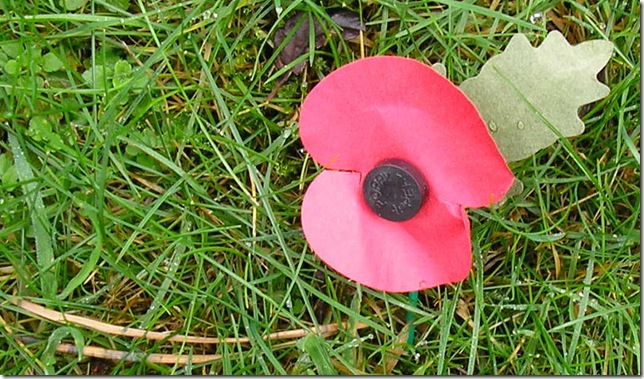The best job I ever had, on the grounds of hilarity alone, was teaching in a language college. Students of all ages and nations learned together, often teaching the teacher in the process. The majority of students were young adults, whose enthusiasm to know each other helped their acquisition of a common language considerably. Once the rudiments of communication were in place they could socialise outside of the classroom and many lasting friendships were forged.
I noticed that despite differences of culture and appearance, students made friendships most readily with others from backgrounds with similar values, noticeably strong family ties.
A very foreign country can be quite a culture shock, sometimes students from adjacent countries made friends first before approaching the rest of the group.
In the late spring of 1980 a student from Iran joined the class and the following week, a student from Iraq. The two boys, who were rather shy in class, were in their early twenties. In a fortnight they were inseparable. They went everywhere together. They went shopping, to art galleries, to the theatre, to night clubs and to the homes of each others’ host families. I was responsible for cultural outings at the college and soon could guarantee that wherever the coach was taking us those two would be sitting on the back seat, laughing and telling silly jokes in a variety of languages. On several occasions they double dated girls in the class. All through the long summer they had a ball, enjoyed everything, made friends and as their English improved they stopped being shy and grew in confidence.
In the autumn hostilities commenced between Iran and Iraq. We all heard that war had been declared on the six o’clock news. The following day students were hanging out of the windows to watch the two boys arrive. As usual they walked up the steps together, laughing. Someone rushed to them and asked if they had not heard that they were at war. A crowd gathered. The boys explained that of course they knew that they were officially at war. That, they decided, was the doing of politicians. Although both were fiercely patriotic, they considered that their friendship would survive all hostilities and no matter what happened next, after the war they would find each other and be friends again. They said they had talked about how they should be to each other and had decided ‘Let’s just be friends.’
They were at the college until the end of the autumn term and then each went home, one to Iran, one to Iraq.
I would love to tell you that I know the rest of the story. I don’t. The probability is that each was called up to fight, they were young and strong.
In the winter of 1980 I often thought that the way to end all wars would be to have a world language college where everyone could meet to discover that we are all the same. If we have strong human values we can share and laugh and learn together. Let’s just be friends is a deceptively simple idea. I saw it work perfectly in the beautiful summer of 1980.
Now we have this global college we call the Internet.
Let’s just be friends.


3 Responses to On friendship.